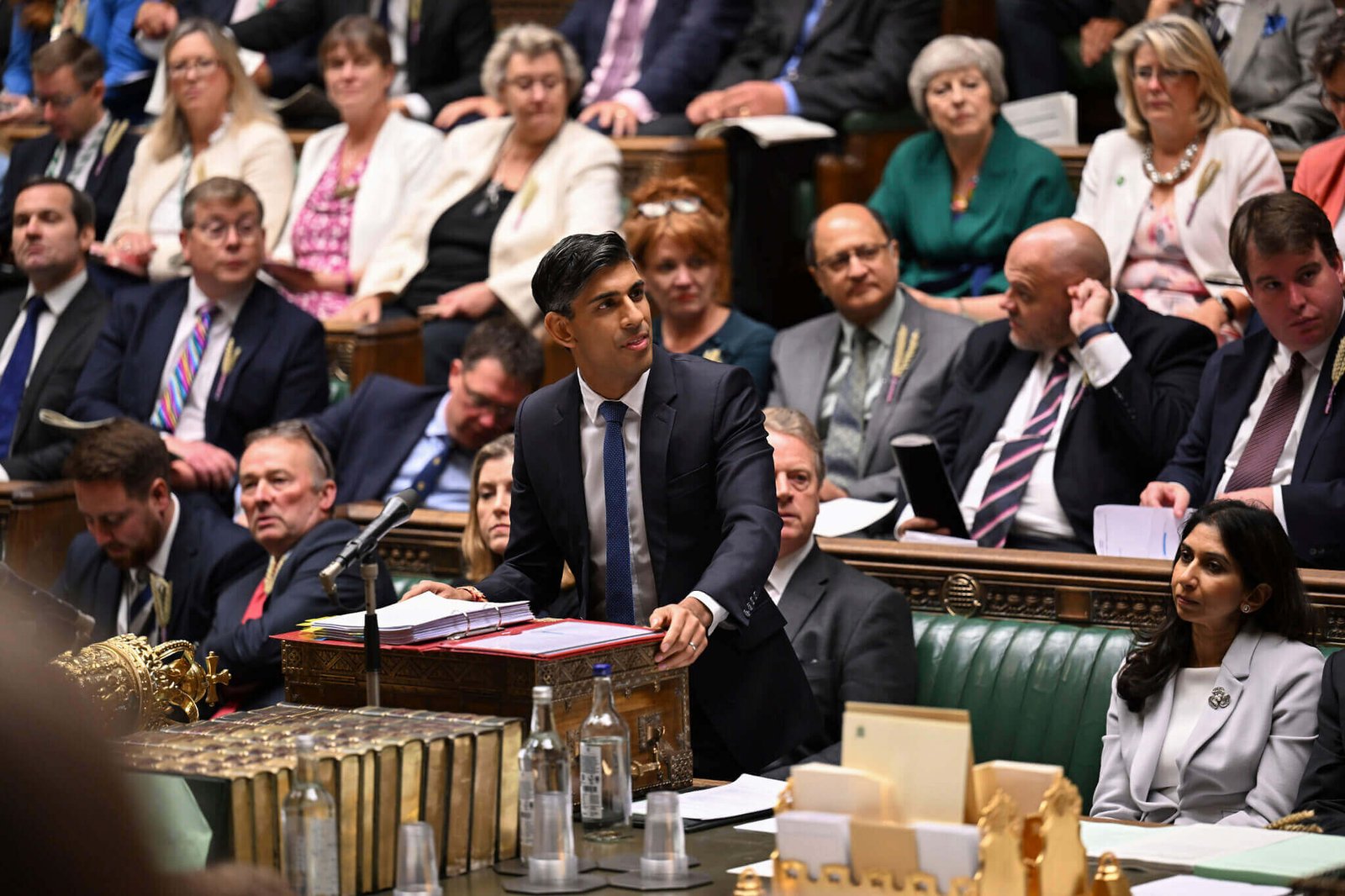According to official figures from ONS, UK Government borrowing was higher than forecast in the last financial year.
Borrowing – the difference between spending and tax income topped £120.7 billion in the year to March Borrowing in March 2024 alone reached £11.9 billion, which was £4.7 billion less than a year earlier.
Additionally, the UK’s total debt hit £2.7 trillion at the end of March.
That is the equivalent of 98.3% of the size of the UK’s economy as measured by GDP.
Why does the UK government borrow money?
The UK government gets most of its income via taxes. For example, workers pay income tax, everyone pays VAT on specific goods, and corporations pay tax on their profits.
These taxes should cover all UK planned spending. However, if they can’t, the UK government will cover the gap by increasing taxes, slashing spending, or borrowing.
Higher taxes mean individuals have less money to spend, so businesses make less profit, which can harm jobs and wages. Lower profits also mean companies pay less tax.
Thus, the UK government often borrows to boost the economy. Also, it borrows to pay for big projects, like new railways and roads, that it expects will help the economy.
How does the UK government borrow money?
The UK government borrows money by selling financial products called bonds.
A bond is a contract to pay money in the future. Most require the borrower to make regular interest payments over the bond’s lifetime.
UK government bonds, also known as “gilts”, are typically considered very safe, with little risk of not being repaid.
Also, Gilts are primarily bought by financial institutions in the UK & abroad, such as pension funds, investment funds, banks and insurance companies.
Furthermore, the Bank of England buys hundreds of billions of pounds worth of government bonds to support the economy through a process called “quantitative easing”.
Why does it matter if UK governments borrow more?
Many stakeholders fear the UK government is borrowing too much at too great a cost.
In July, the UK government’s official economic forecaster, the Office for Budget Responsibility (OBR), warned that public debt could soar as the population ages and tax income falls.
The OBR allege that debt could rise to more than 300% of GDP by 2070.
However, others argue that extra borrowing helps the economy grow faster, generating more tax revenue in the long run.
Also, many argue that big economies like the UK could borrow much more than they currently do, and the negative impact is greatly exaggerated.
